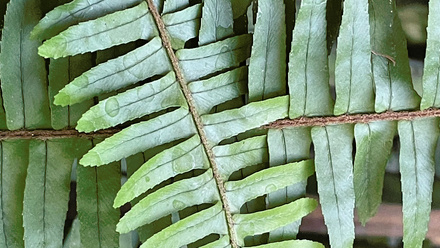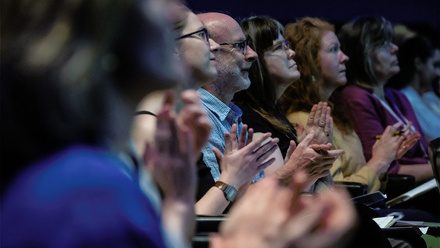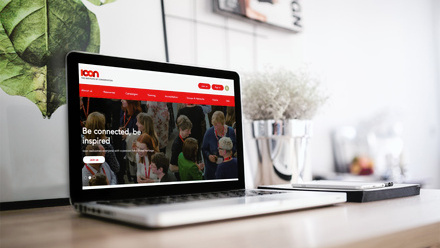The Museum Association defines decolonisation as ‘not simply the relocation of a statue or an object; [but] a long-term process that seeks to recognise the integral role of empire in British museums…’
Decolonisation has been a much talked about topic in British museums, linked to efforts to democratise the stories museums tell, community collaboration projects and inclusive practices. Recent events, such as the toppling of the Edward Colston Statue in Bristol, have led to increased publicity around pre-existing community-led programmes, and have created an impetus for further work within the sector.
Although sometimes eclipsed by curatorial staff, conservators and collections managers have been part of, and are integral to, this dialogue. Conservation treatments, for example, seek to preserve the intangible cultural importance of an object along with material considerations.
Conservators and collections managers are, in many ways, best placed to engage with this topic as they naturally have an in-depth understanding of and respect for the objects in their care.
This series of talks will explore the history of decolonisation and community work within the conservation and collections management professions, including case studies from museums around treatment decision making, changes to terminology, and examples of community-led projects. The primary goal of this event is to facilitate learning between organisations of disparate size and resource, and to encourage those in collections-focused roles to take part in this area of museum activity with confidence and enthusiasm.
Morning Timetable
10.00 Welcome and housekeeping (Ian Channell)
10.05 Decolonising Museum Conservation Practice: A view from the UK (Irit Narkiss)
10.25 Appropriate Language for Condition Assessment (Dr Ayesha Fuentes)
10.40 TBC
11.05 What’s in a name?’: 2022 Survey Results (Misa Tamura & Laura Chaillie, ICON Ethnography Group)
Afternoon programme TBC



